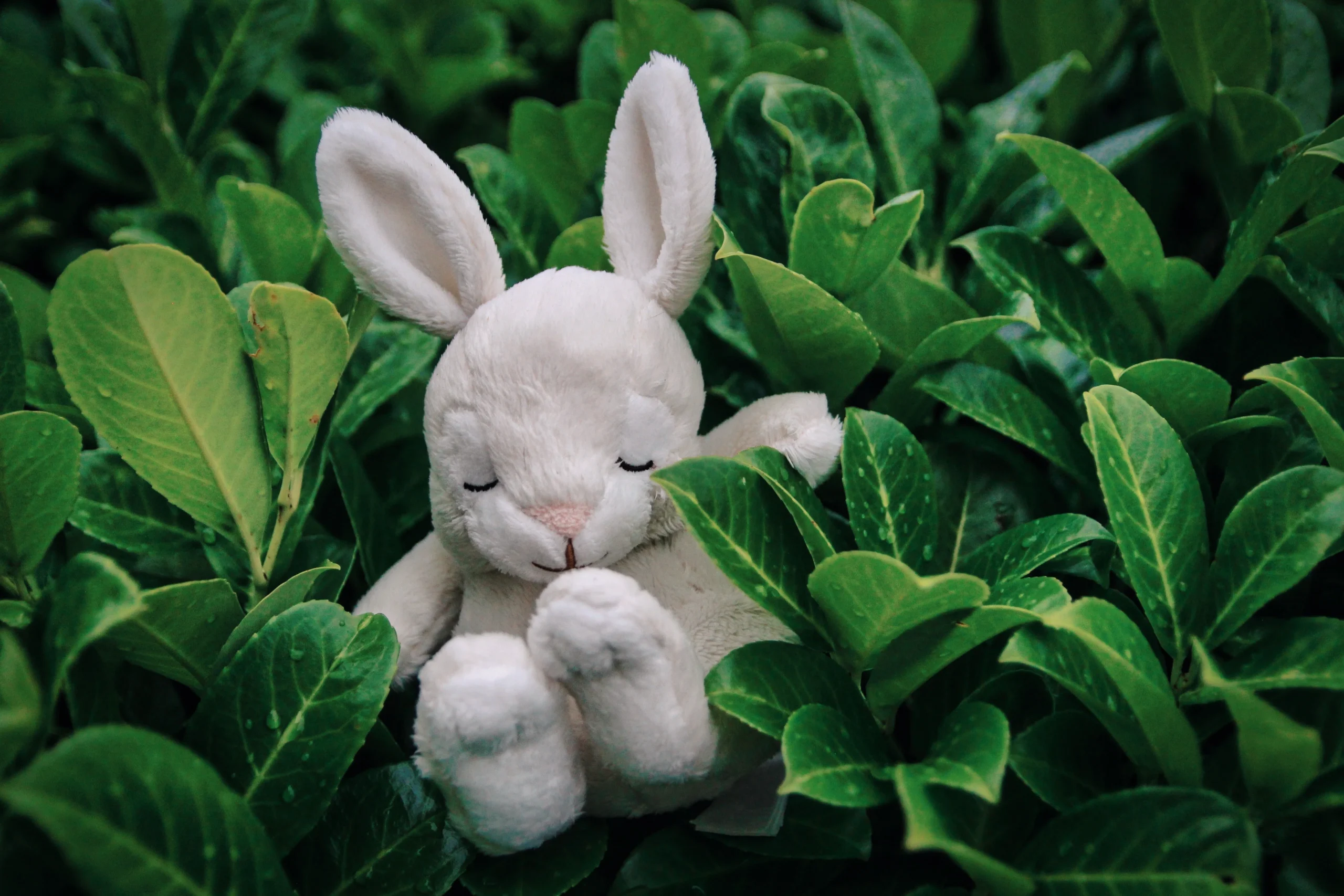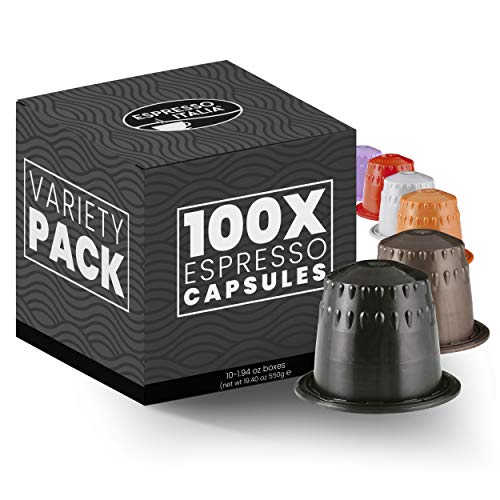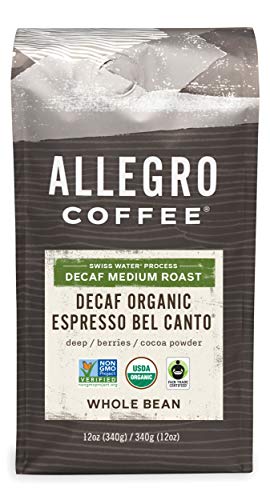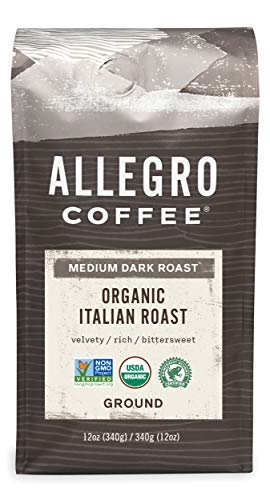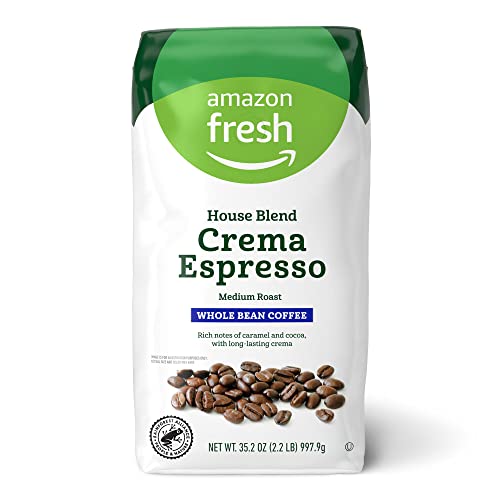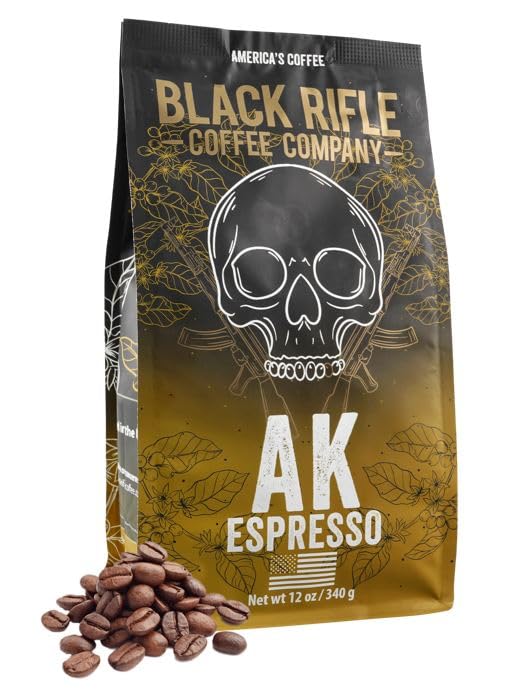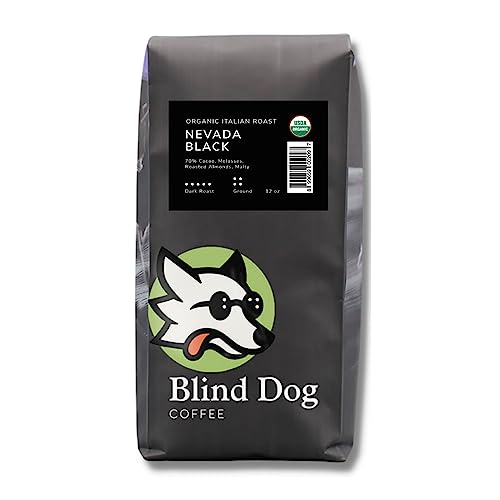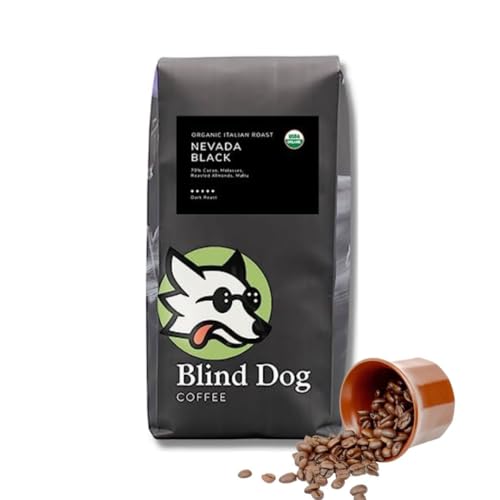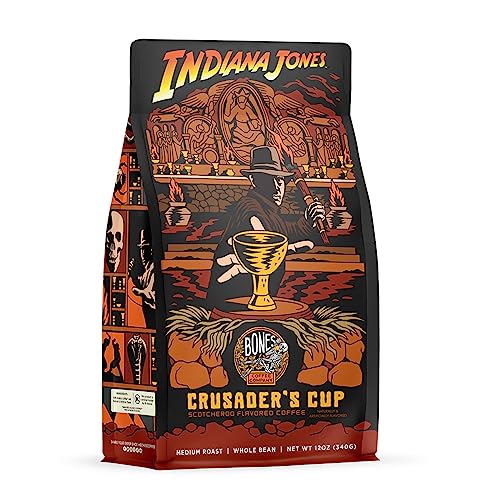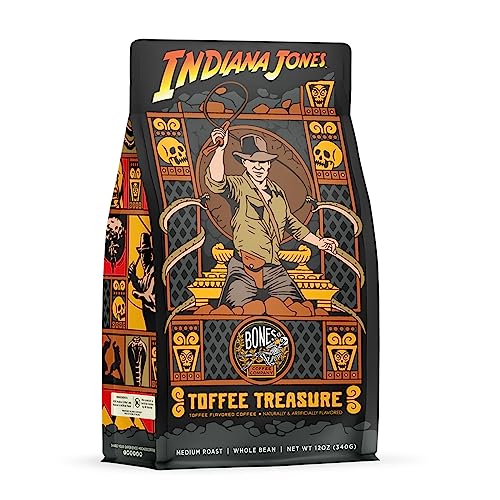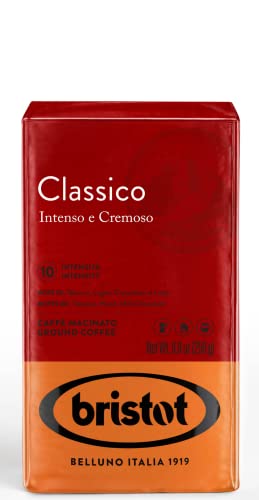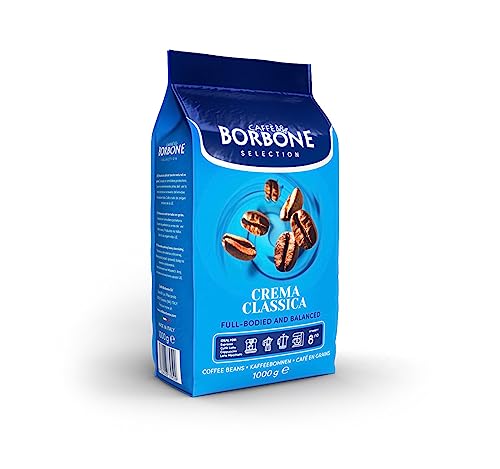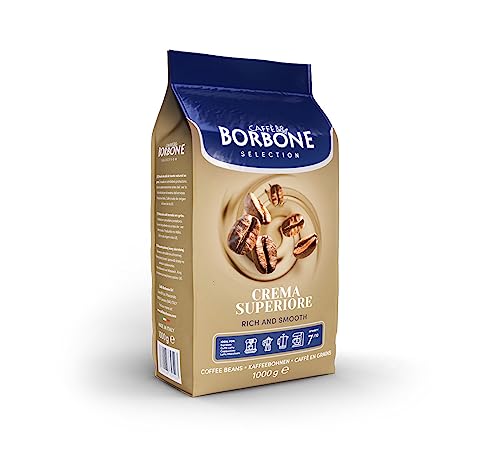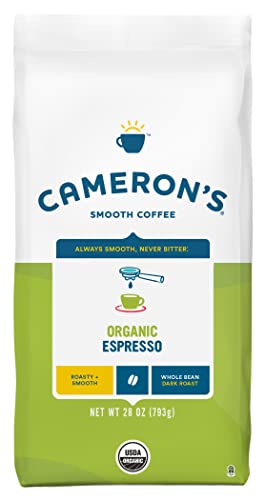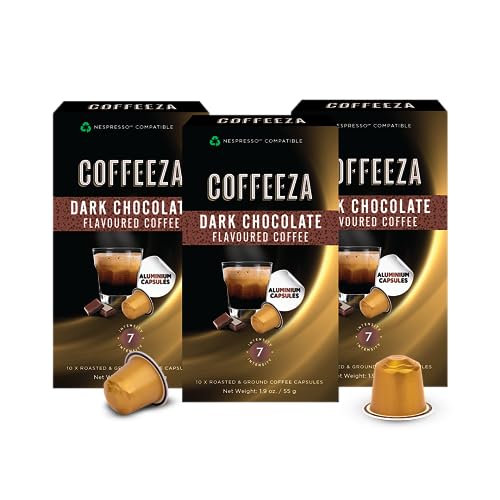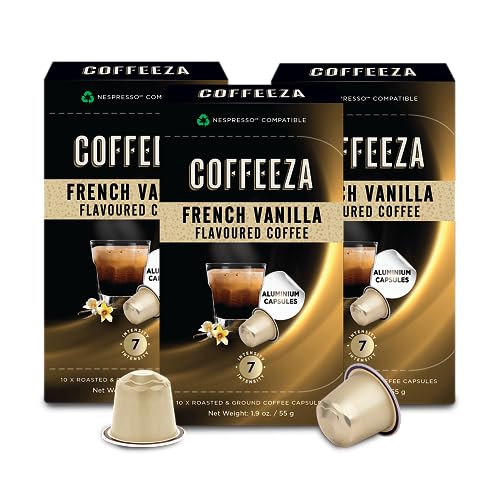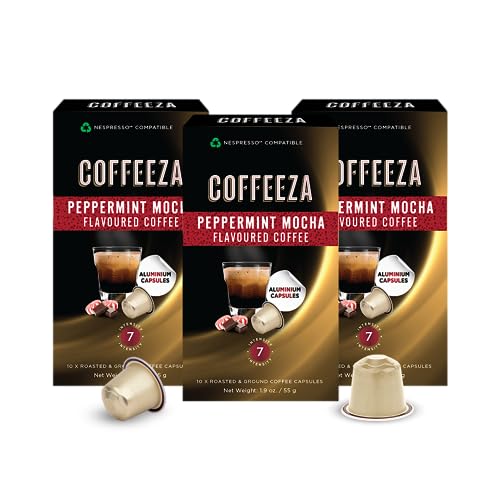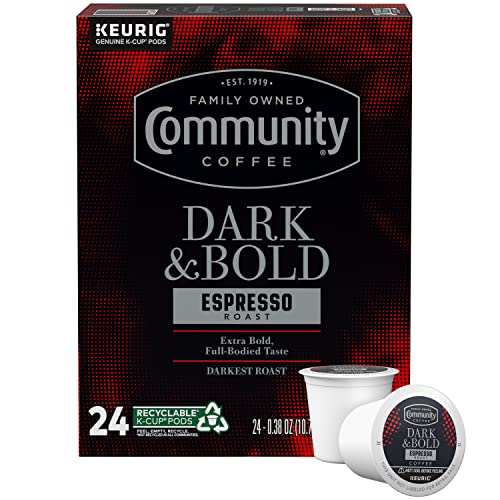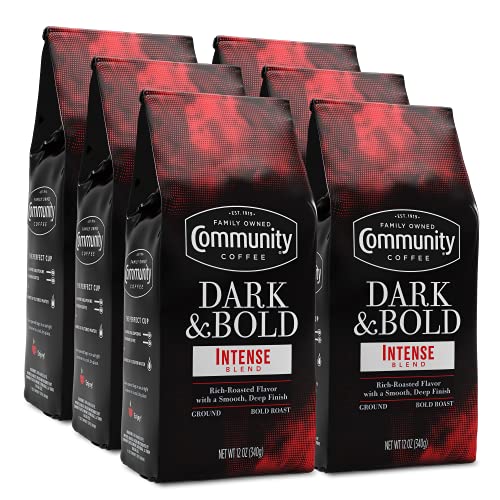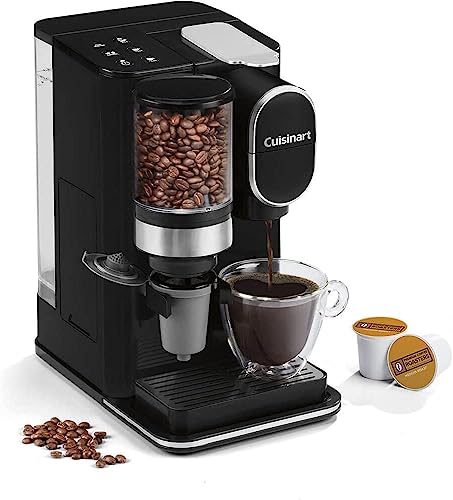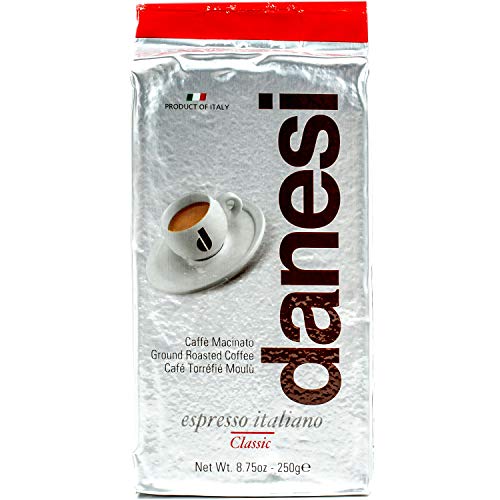Whether you’re cradling a travel mug of coffee on your way to work or dashing out after spin class to refuel with a skinny latte, it’s hard to imagine a day without it. The caffeine perks you up, and there’s something incredibly soothing about sipping a steaming cup of Joe. But is drinking coffee good for you?
Good news: The case for coffee is stronger than ever. Study after study indicates you could be getting more from your favorite morning beverage than you thought: Coffee is chock full of substances that may help guard against conditions more common in women, including Alzheimer’s disease and heart disease.
“Caffeine is the first thing that comes to mind when you think about coffee. But coffee also contains antioxidants and other active substances that may reduce internal inflammation and protect against disease,” says Diane Vizthum, M.S., R.D., research nutritionist for Johns Hopkins University School of Medicine.

What is the difference between roasted and un-roasted coffee beans?
That’s a good question. In a nut shell here’s the difference. Un-roasted beans contain similar if not higher levels of acids, protein, sugars, and caffeine as those that have been roasted, but lack the taste of roasted coffee beans due to the Maillard and other chemical reactions that occur during roasting.
Are Coffee Beans fresher than Ground Coffee?
That’s a good question. In a nut shell here’s the difference. Whole bean coffee keeps its freshness and flavor longer if it’s stored properly. … Once coffee beans are ground up, those essential oils begin evaporating and your coffee begins losing freshness and flavor. Taste a cup of coffee brewed from pre-ground coffee, then taste a cup of coffee brewed from freshly ground beans.
Do I need to roast my Coffee Beans before grinding?
That’s a good question. In a nut shell here’s a thought. The aroma during brewing would be off, the texture of the coffee would be harsh, and the flavor would be downright offensive. Take my word: you need to roast coffee beans before grinding to achieve a flavor and aroma worthy of consuming. Of coulee it’s a matter of preference.
How many cups of Coffee a day is good fro you?
That’s a good question. In a nut shell here’s a thought. Multiple studies have found that a daily coffee intake of four cups is a safe amount. Even federal dietary guidelines suggest three to five eight-ounce cups of coffee per day (providing up to 400 milligrams of caffeine) can be a part of a healthy diet.
Showing 1–48 of 201 results
-

100 ESPRESSO ITALIA Variety Pack – Nespresso Compatible Capsules – Italian Espresso Coffee Capsules. Expresso Coffee Pods
$25.99 Learn More -

Aiello Caffe Italian Espresso Coffee Beans 2.2 LB Bag, Medium Whole Bean Coffee Freshly Roasted and Blended in Southern Italy, Sublime
$22.99 Learn More -
Sale!

Allegro Coffee Decaf Organic Espresso Bel Canto Whole Bean Coffee, 12 oz
Original price was: $11.87.$9.81Current price is: $9.81. Learn More -

Allegro Coffee Organic Espresso Bel Canto Whole Bean Coffee, 12 oz(Pack of 1)
$11.94 Learn More -
Sale!

Allegro Coffee Organic Espresso Sierra Ground Coffee, 12 oz
Original price was: $12.58.$10.60Current price is: $10.60. Learn More -

Allegro Coffee Organic Espresso Sierra Whole Bean Coffee, 12 oz
$11.99 Learn More -

Allegro Coffee Organic Italian Roast Ground Coffee, 12 oz
$12.29 Learn More -

Amazon Brand – Solimo Espresso Capsules, Medium Roast, Compatible with Original Brewers, Pack of 1×50 Capsule (50 count)
$14.24 Learn More -

Amazon Fresh Bold Crema Espresso, Whole Bean, Medium Roast, 2.2 lb
$12.00 Learn More -
Sale!

Amazon Fresh House Blend Crema Espresso, Whole Bean, Medium Roast, 2.2 lb
Original price was: $10.98.$10.43Current price is: $10.43. Learn More -

Bestpresso Coffee for Nespresso OriginalLine Machine 120 pods Certified Genuine Espresso Variety Pack, Pods Compatible with Nespresso OriginalLine
$38.99 Learn More -

Black Rifle Coffee Company, AK-47 Espresso,100% Arabica Coffee,Colombian Supremo Roasted Dark, Whole Bean 12 oz Bag
$17.99 Learn More -

Blind Dog Coffee – 12 Oz Nevada Black Ground Italian Dark Roast Coffee, Organic Coffee with hints of Cocoa, Molasses, and Toasted Walnut and Robust Black Coffee Beans, Premium Quality
$13.50 Learn More -

Blind Dog Coffee – 12 Oz Whole Nevada Black – Italian Dark Roast Coffee – Organic Whole Bean with hints of Cocoa, Molasses, and Toasted Walnut – Robust Black Coffee Beans
$13.50 Learn More -

Bones Coffee Company Crusader’s Cup Flavored Coffee Beans & Ground Coffee Scotcheroo Flavor | 12 oz Medium Roast Arabica Low Acid Coffee | Gourmet Coffee Inspired By Indiana Jones (Ground)
$19.99 Learn More -

Bones Coffee Company Toffee Treasure Flavored Coffee Beans & Ground Coffee Toffee Flavor | 12 oz Medium Roast Arabica Low Acid Coffee | Gourmet Coffee Inspired By Indiana Jones (Whole Bean)
$19.99 Learn More -

Bristot Classico Breakfast Italian Ground Espresso | Intense and Creamy | Medium Roast | For Moka, French Press, Pour Over | 8.8oz/250g
$7.99 Learn More -

Bristot Espresso Cremoso Italiano Ground Coffee | Italian Espresso | Medium Roast | For Home Espresso Machines | 8.8oz/250g
$9.99 Learn More -

Café Bustelo Espresso Capsules, 10 Count (Pack of 4)
$33.16 Learn More -

Café Bustelo Espresso Style Dark Roast Coffee, 72 Keurig K-Cup Pods
$31.30 Learn More -

Café Gavina Decaf Espresso Roast Extra Fine Ground Coffee, 100% Arabica, (3 x 10 oz Cans)
$18.51 Learn More -

Café Gavina Espresso Roast Extra Fine Ground Coffee, 100% Arabica, 10 oz Can
$7.99 Learn More -
Sale!

Cafe La Llave Espresso Dark Roast Coffee, 10 Ounce
Original price was: $3.49.$3.24Current price is: $3.24. Learn More -

Caffe Bonini Nespresso Compatible Capsules, Espresso Coffee Capsules From Italy, Hazelnut Coffee, 50 Count
$16.99 Learn More -

Caffè Borbone Crema Classica, Espresso Coffee Beans 2.2 Pound (Pack of 1), Fine Full-Bodied and Balanced Selection of Premium Arabica and Robusta Blends, Creamy and Smooth
$19.00 Learn More -

Caffè Borbone Crema Superiore Espresso Coffee Beans 2.2 Pound (Pack of 1), Fine Selection of Premium Arabica and Robusta Blends with Toasted Almonds and Brown Sugar Flavor, Creamy and Smooth
$20.00 Learn More -

CAFFÉ CONTEMPO Italian Style Espresso, Aroma Blend, 1 LB Fine Grind, Dark Roast, Freshly Roasted Ground Coffee
$14.99 Learn More -

Cameron’s Coffee Roasted Whole Bean Coffee, Organic Espresso, 28 Ounce, (Pack of 1)
$16.89 Learn More -

CASABREWS 20 Bar Espresso Machine, Professional Espresso Maker with Milk Frother Steam Wand, Espresso Coffee Maker and Cappuccino Machine with Removable Water Tank for Latte, Gift for Dad Mom
$89.99 Learn More -

CASABREWS Espresso Machine 20 Bar, Professional Espresso Coffee Machine with Steam Milk Frother, Coffee Maker Cappuccino Latte Machine with 49oz Removable Water Tank, Black, Gift for Dad Mom
$148.74 Learn More -

CASABREWS Espresso Machine 20 Bar, Professional Espresso Coffee Maker with Steam Milk Frother, Compact Cappuccino and Latte Machine with Touch Screen Display, Stainless Steel, Gift for Wife or Husband
$174.99 Learn More -

Coffee Bean Direct Italian Roast Espresso, Whole Bean Coffee, 5 Pound Bag
$48.39 Learn More -
Sale!

Coffee Machine, 3.5 Bar Coffee Maker with Milk Frother, 800W Compact Espresso and Cappuccino Machine with Preheating Function, 4 Cup Portable Coffee Maker for Cappuccino Latte, Gift for Coffee Lover
Original price was: $89.99.$56.24Current price is: $56.24. Learn More -

Coffeeza 100% Arabica Flavored Espresso Coffee Pods Variety Pack, Compatible with Nespresso Original Line Espresso Machines | Pack of 60 Coffee Pods
$49.98 Learn More -

Coffeeza Dark Chocolate Flavoured 100% Arabica Aluminium Coffee Pods, Medium-Dark Roasted Espresso Coffee, 30 Count Espresso Pods (NESPRESSO ORIGINAL LINE ONLY)
$24.99 Learn More -

Coffeeza French Vanilla Flavoured 100% Arabica Aluminium Coffee Pods, Medium Roasted Espresso Coffee, 30 Count Espresso Pods (NESPRESSO ORIGINAL LINE ONLY)
$24.99 Learn More -

Coffeeza Peppermint Mocha Flavoured 100% Arabica Aluminium Coffee Pods, Medium-Dark Roasted Espresso Coffee, 30 Count Espresso Pods (NESPRESSO ORIGINAL LINE ONLY)
$24.99 Learn More -

Community Coffee Dark & Bold Espresso Roast 24 Count Coffee Pods, Compatible with Keurig 2.0 K-Cup Brewers.
$12.57 Learn More -

Community Coffee Dark & Bold Espresso Roast, Extra Dark Roast Ground Coffee, 12 Ounce Bag (Pack of 1)
$5.82 Learn More -

Community Coffee Dark & Bold Intense Blend 72 Ounces, Dark Roast Ground Coffee, 12 Ounce Bag (Pack of 6)
$34.92 Learn More -
Sale!

Community Coffee Dark & Bold Intense Blend, Dark Roast Ground Coffee, 12 Ounce Bag (Pack of 1)
Original price was: $10.99.$5.82Current price is: $5.82. Learn More -
Sale!

Cuisinart Coffee Maker, 12-Cup Glass Carafe, Automatic Hot & Iced Coffee Maker, Single Server Brewer, Stainless Steel, SS-16
Original price was: $199.95.$139.95Current price is: $139.95. Learn More -

Cuisinart DCC-1100BKFR 12 Cup Coffee Maker (Renewed),Black
$49.99 Learn More -

Cuisinart DCC-1150BKFR 10 Cup Thermal Coffee Maker, Black (Renewed)
$94.99 Learn More -

Cuisinart EM-100 1000-Watt 15-Bar Espresso Maker, Stainless Steel (Renewed)
$119.99 Learn More -
Sale!

Cuisinart Single Serve Coffee Maker + Coffee Grinder, 48-Ounce Removable Reservoir, Black, DGB-2
Original price was: $149.95.$99.99Current price is: $99.99. Learn More -

Dallmayr Espresso Coffee (Typ Monaco) – Ground – 7 oz
$9.74 Learn More -

Danesi Caffe Italian Espresso Ground Coffee Medium Roast – Espresso Coffee Ground Medium Roast Ground Coffee – Ground Espresso Coffee Grounds – Best Ground Ground Coffee Fine – Classic (8.75oz, 1pack)
$14.99 Learn More


